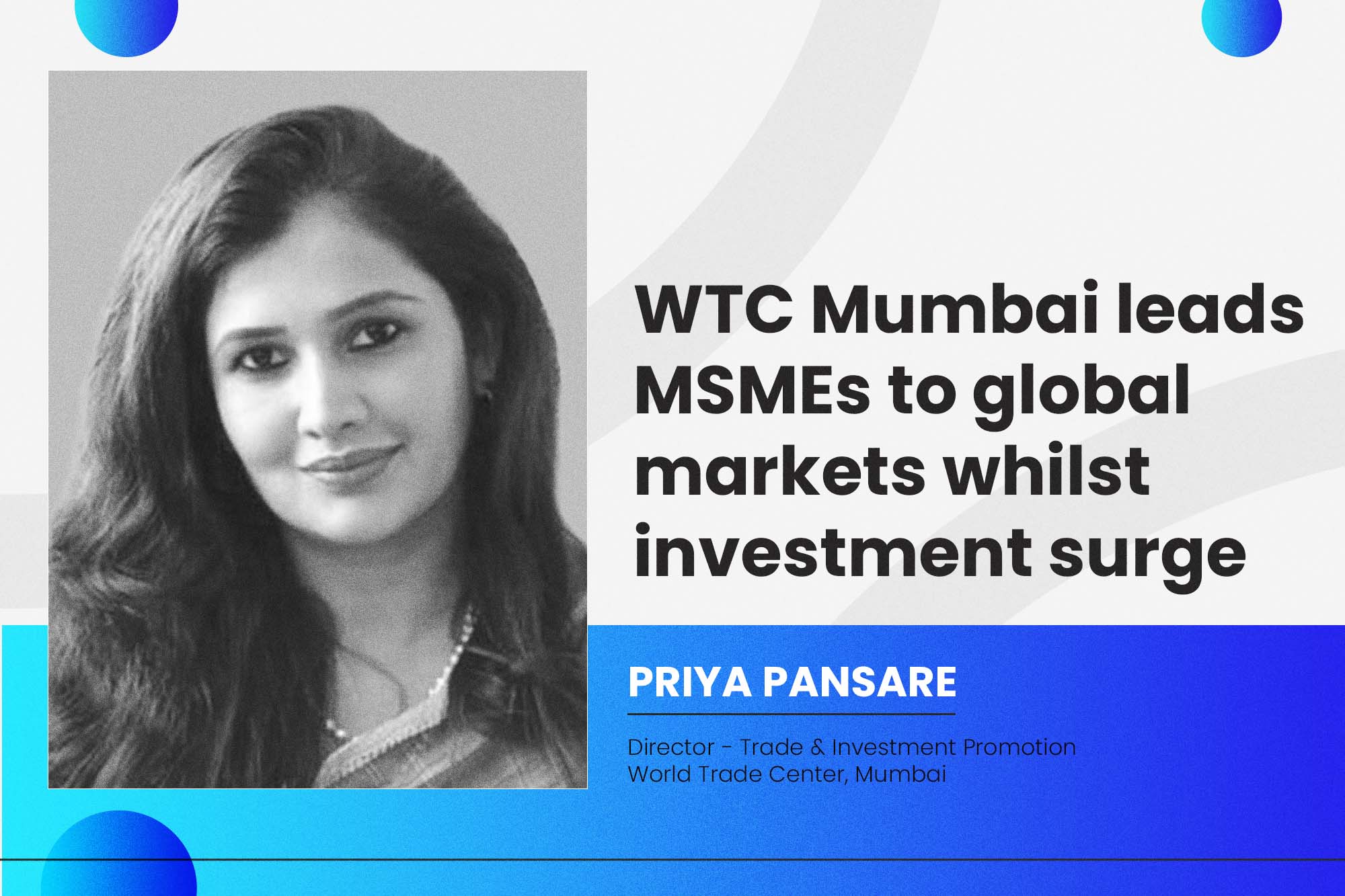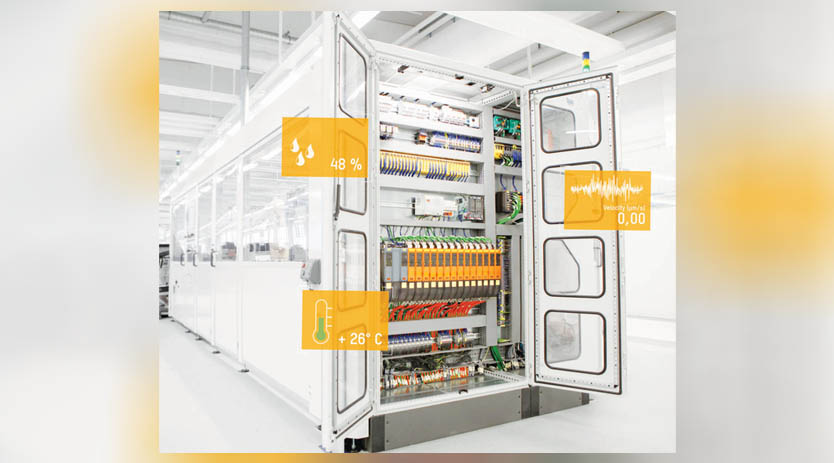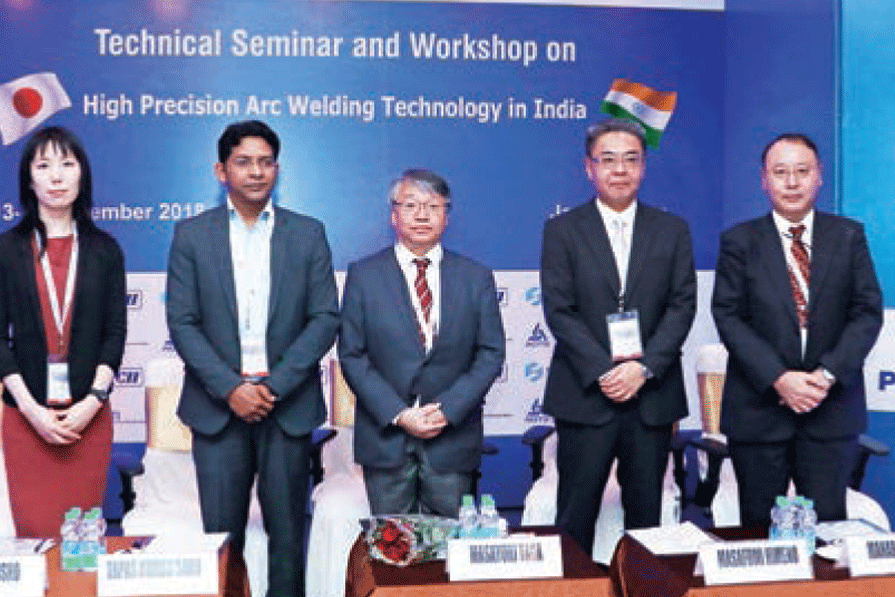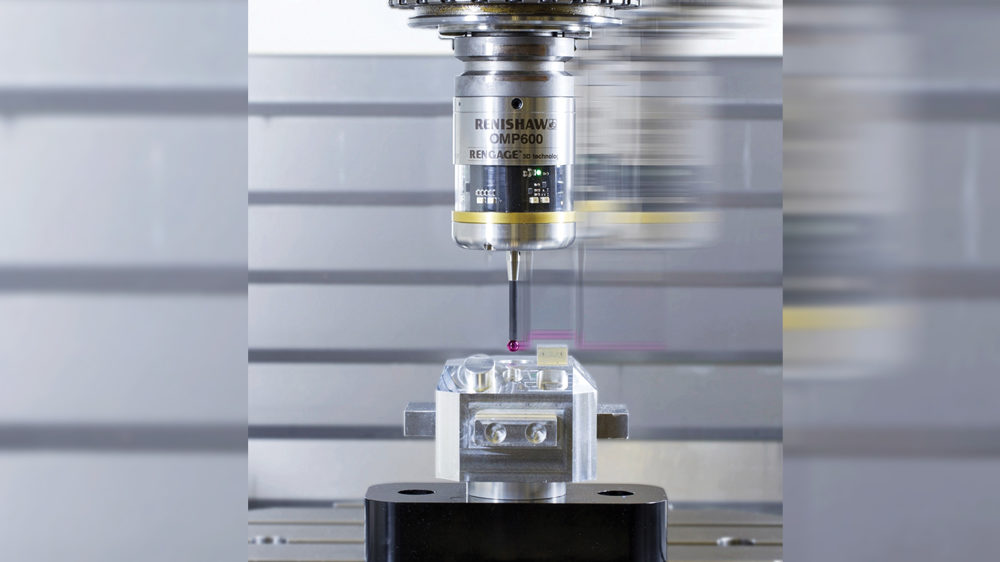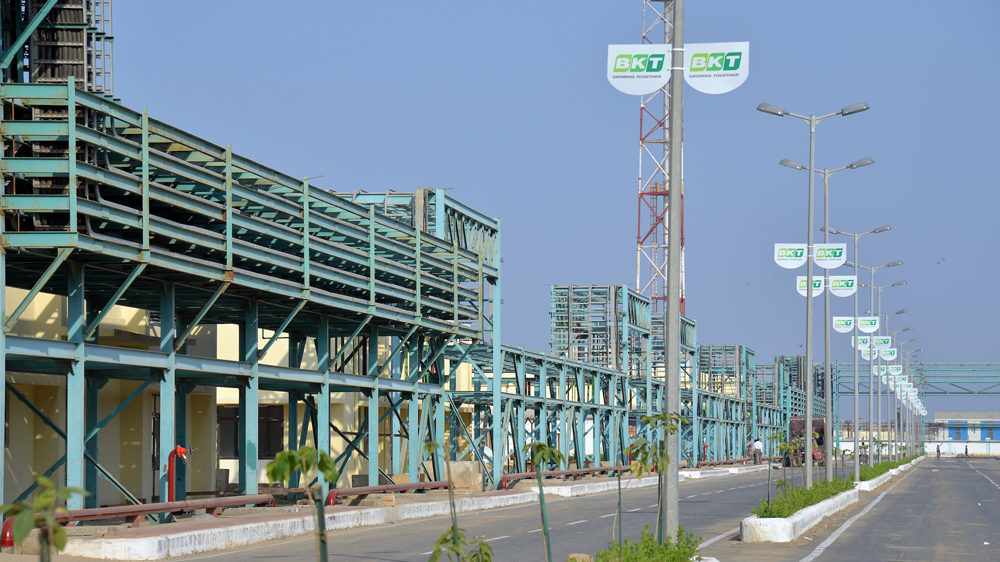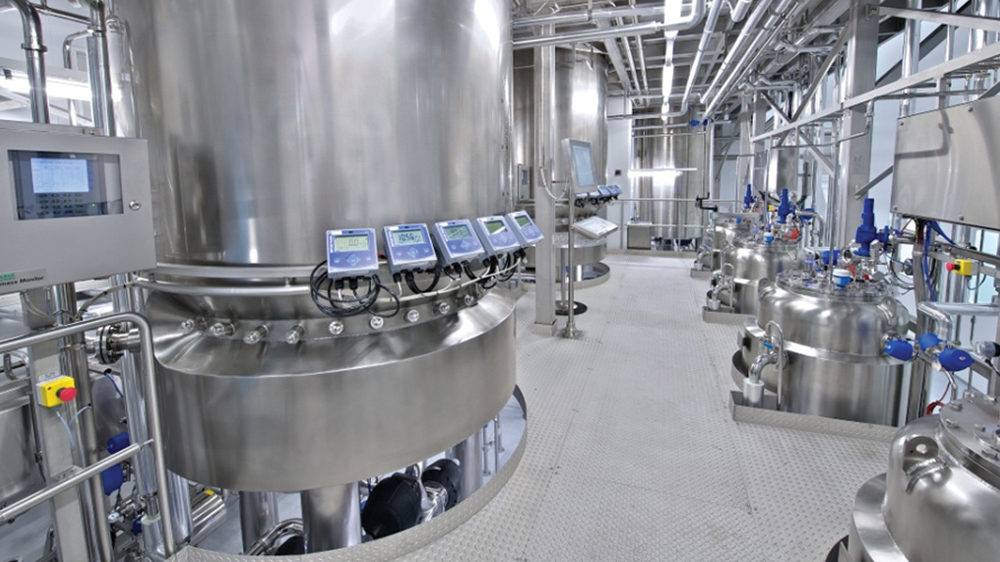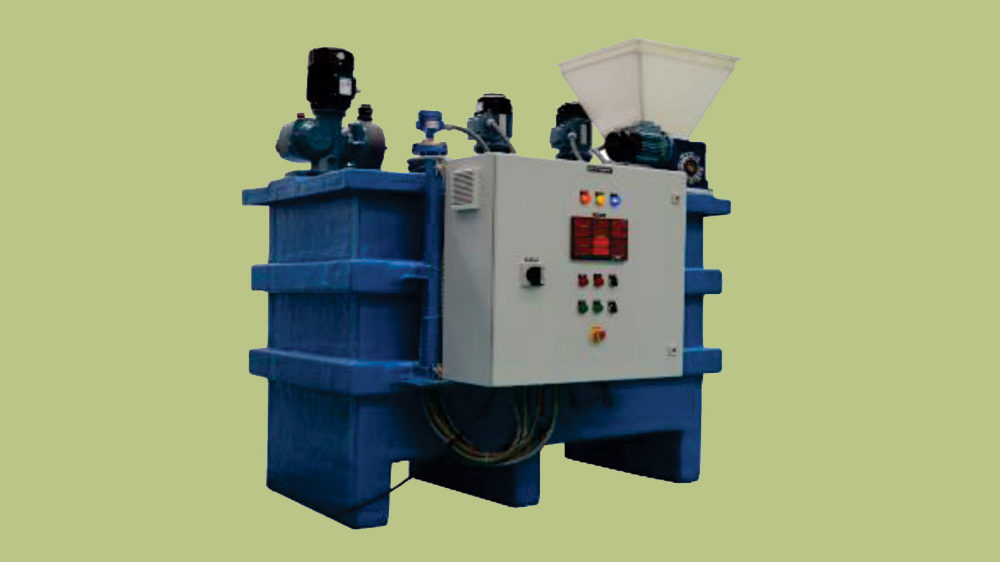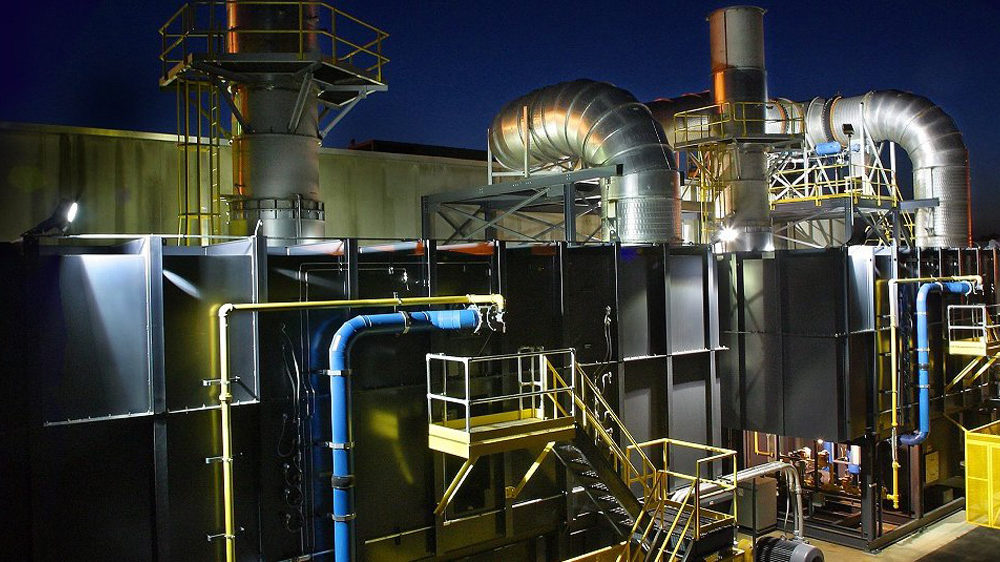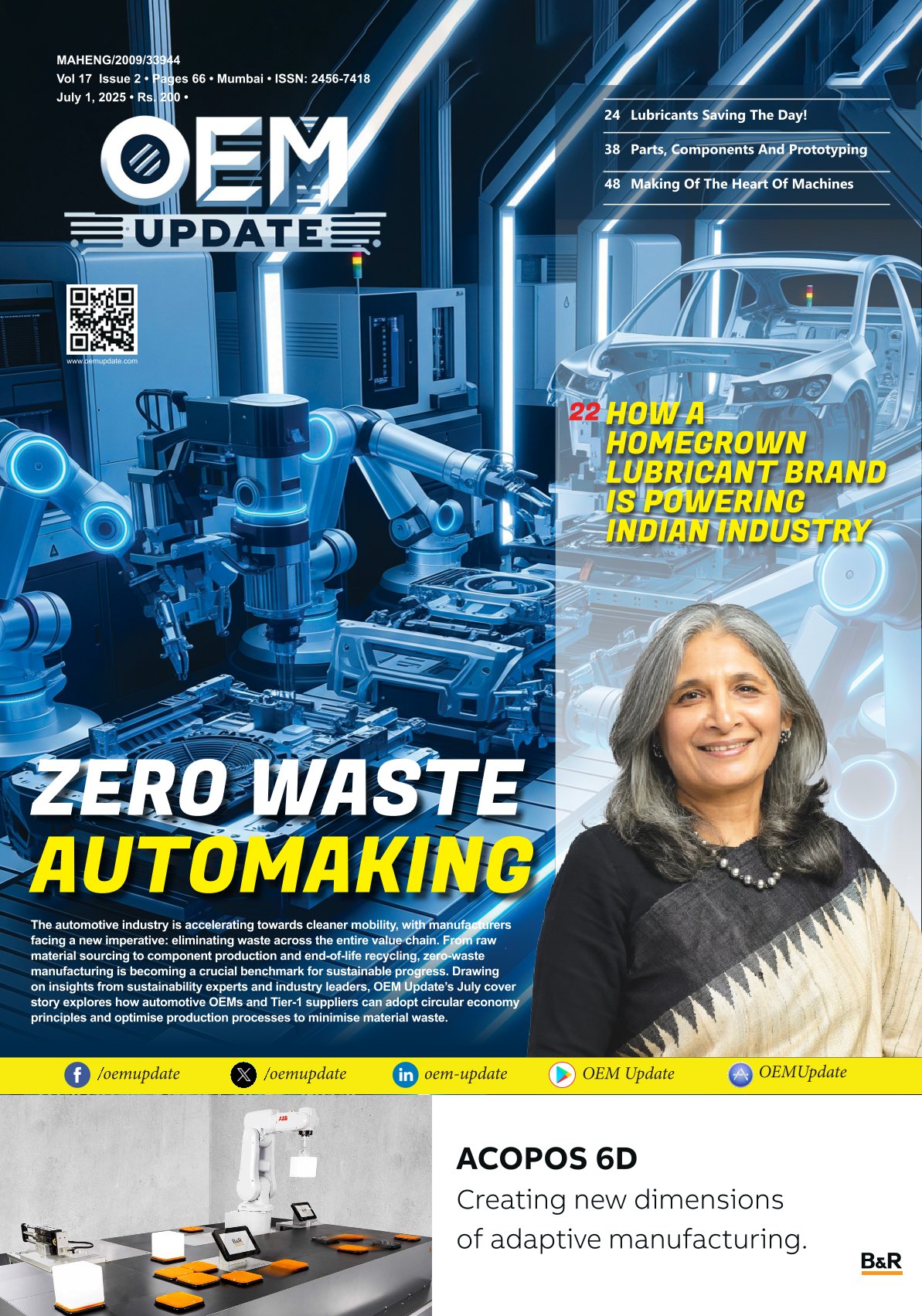WTC Mumbai leads MSMEs to global markets whilst investment surge
By Staff Report June 6, 2025 2:03 pm IST
India has many promising sectors, and Priya Pansare, Director – Trade & Investment Promotion at World Trade Center Mumbai, shares insights on these promising investment sectors along with the evolving landscape of trade promotion in a dynamic global environment.
What are the key sectors or industries currently show the most promise for foreign investment in India?
Today, India presents immense potential across industries such as renewable energy, electric vehicles (EVs), electronics manufacturing, digital infrastructure, pharmaceuticals, biotechnology, and agritech. Additionally, emerging areas like green hydrogen, semiconductor manufacturing, and AI-driven solutions are gaining foreign investor interest. India’s expanding middle class, strong startup ecosystem, and government incentives like PLI schemes further add to the attractiveness of these sectors.
What is the World Trade Center, Mumbai, doing to support MSMEs in scaling up and reaching international markets?
At WTC Mumbai, we focus on creating a seamless pathway for MSMEs to global markets. We have launched sector-specific export facilitation programs, curated B2B matchmaking sessions with foreign delegations, and established trade promotion partnerships with key countries.
Recently, we joined the Government of India’s MY Bharat portal to engage youth-led MSMEs through experiential learning and mentorship. Furthermore, through our Young Entrepreneurs’ Society (YES) platform, we nurture startups and MSMEs by connecting them to global buyers, investors, and technology providers.
What policies or reforms would you recommend to elevate international trade and investment in India?
India can further benefit from simplifying Non-Tariff Measures (NTMs), enhanced logistics infrastructure, and faster digitisation of customs and compliance processes.
Strengthening bilateral trade agreements, expanding India’s FTAs with emerging economies, and incentivising sustainable manufacturing will also be key. Policy clarity and ease in cross-border data flows for digital trade are emerging needs that should be addressed proactively.
What advice would you give first-time exporters or companies looking to enter global markets?
I advise first-time entrants to invest time in understanding destination market regulations and certifications early. It’s important to start small but strong by choosing focused geographies and reliable partners. Leveraging government support programs such as Export Promotion Councils (EPCs), SEZ benefits, and trade finance schemes can significantly boost. Additionally, building a strong digital presence will complement physical trade efforts. And most importantly, exports should be viewed as a strategic, long-term journey rather than a one-time opportunity.
How does your team help in matchmaking between global investors and Indian businesses?
WTC Mumbai acts as a catalyst by connecting Indian enterprises with global investors through curated trade delegations, investment roadshows, and sector-focused roundtables.
We work closely with consulates, international trade bodies, and chambers of commerce to identify synergies. Our in-house Trade Research & Business Intelligence Cell provides business insights, helping them present more investment-ready profiles.
How is India positioned in terms of ease of doing business from a foreign investor’s point of view?
India has made significant strides, particularly in digitising processes, speeding incorporation timelines, and easing foreign investment norms.
However, investors still seek more predictability in tax policies, faster dispute resolution mechanisms, and uniformity in state-level regulations.
The sentiment remains strongly positive, especially with initiatives like Gati Shakti, National Logistics Policy, and PLI schemes creating an enabling environment.
Is there any levy for manufacturing locally?
While India offers several incentives for local manufacturing, such as production-linked incentives (PLI), certain duties on imports of raw materials or regulatory levies exist based on sector and geography. However, the Make in India framework and state-specific policies offer manufacturers tax exemptions, subsidies, and preferential procurement opportunities.
How does WTC Mumbai & other WTCS voice the industry concerns to bring a wider policy and market change?
WTC Mumbai actively channels industry feedback through policy advocacy initiatives in collaboration with ministries, Export Promotion Councils, and international organisations.
Our participation in dialogues with the WTO, UNCTAD, and ITC Geneva allows us to project MSME concerns globally.
Through our network of over 320 WTCs in 90 countries, we exchange best practices and create global pressure points to push for industry-friendly trade reforms.
How has tightening global credit markets affected cross-border investments, particularly in emerging economies like India?
Tightening of credit has made investors more cautious, with a preference for mature, revenue-generating businesses. Startups and early-stage ventures are facing slower funding rounds.
However, India’s macroeconomic fundamentals — large domestic market, demographic dividend, stable monetary policy — are helping it outperform several peer economies in attracting FDI, even amid global uncertainty.
With increasing geopolitical and financial uncertainty, how can Indian businesses de-risk their global trade exposure?
Businesses must diversify export markets to reduce overdependence on any one region.
Key strategies include hedging foreign currency risks, strengthening local partnerships abroad, and focusing on sectors with structural demand (like food security, clean energy, and healthcare).
Also, leveraging FTAs and working with trade promotion councils can offer additional support.
What innovative financing models or instruments could support Indian exporters and manufacturers in scaling globally?
Supply Chain Finance, Export Factoring, and Government-backed Credit Guarantee schemes are critical today. Blended finance models, combining grants and commercial investment, are emerging tools to support MSMEs aiming for global expansion. Platforms like EXIM Bank’s programs and ECGC’s trade insurance products also enable safer scaling for Indian exporters.
What is your vision for the future of trade promotion, and how is the World Trade Center, Mumbai preparing for it?
The future of trade promotion is digital, sustainable, and youth-driven. WTC Mumbai is investing in creating digital marketplaces, building ESG-focused trade platforms, and nurturing young entrepreneurs through initiatives like MY Bharat collaborations.
We envision a future where trade facilitation goes beyond connecting buyers and sellers — it will be about creating ecosystems that foster innovation, inclusion, and sustainable growth.
Cookie Consent
We use cookies to personalize your experience. By continuing to visit this website you agree to our Terms & Conditions, Privacy Policy and Cookie Policy.







